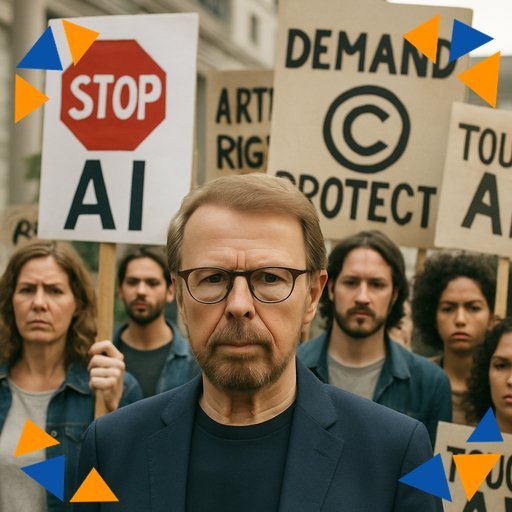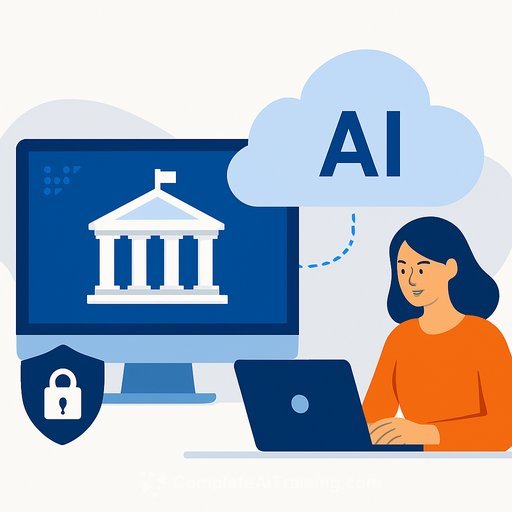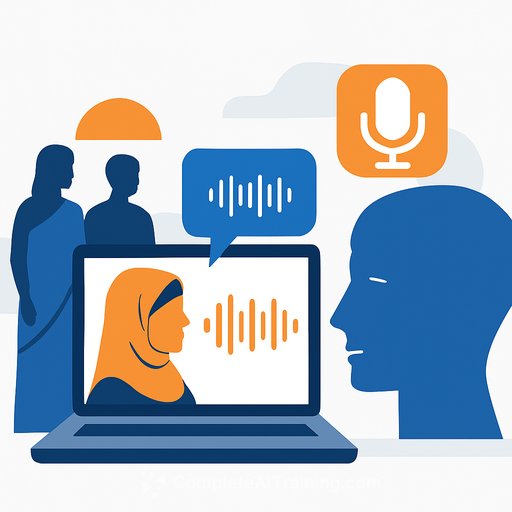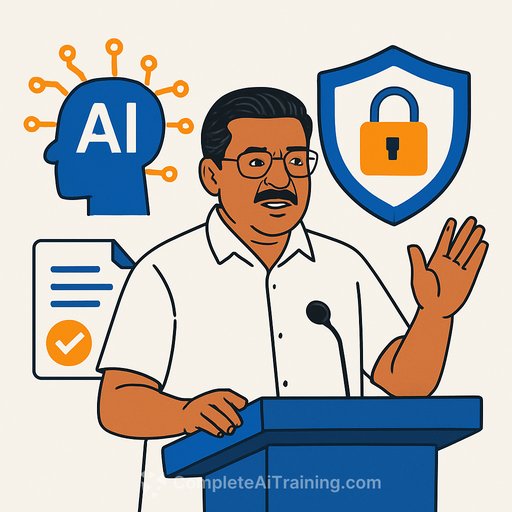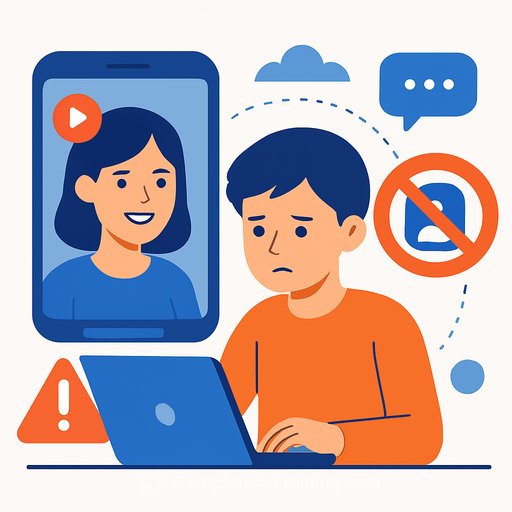News - 27 October 2025
ARIA backs Albanese Government's call: no TDM exception, creators keep control
The Albanese Government will not introduce a Text and Data Mining (TDM) exception into Australian copyright law. This keeps consent, control, and compensation at the center of how creative works are used in AI.
ARIA has welcomed the decision as a clear signal that artists and rightsholders decide whether-and on what terms-their music is used for AI training and products. It affirms the value of Australian creativity and culture, including First Nations Culture.
What this decision means
- No blanket TDM exception: AI developers still need permission and licensing to use copyrighted works for training and related uses.
- Licensing remains the pathway: existing copyright licenses are the mechanism to access music and other creative content.
- Creator agency is upheld: transparency and permission stay non-negotiable, avoiding new loopholes that weaken rights.
Why it matters for government
The decision gives policy clarity while supporting a fair digital economy. It aligns government activity with a simple principle: creators choose how their IP is used, and they should be paid for it.
For public sector projects using AI-whether procurement, funding, or research-this sets a clear standard. Agencies should expect licensed inputs, verifiable provenance, and accountable partners.
ARIA's next steps
Through the Copyright and AI Reference Group (CAIRG), the music industry will continue to engage in Canberra. The focus: apply these principles in practice and keep Australia's cultural sovereignty intact.
Practical steps for agencies
- Procurement: require vendors to disclose training data sources, licensing status, and opt-out compliance. Seek indemnities that cover unlicensed training data.
- Due diligence: request third-party audits or attestations on dataset provenance and usage rights. Keep records for accountability.
- Grants and pilots: preference projects that partner with rights-holders and demonstrate permission-based access to content.
- Risk management: assess model inputs and outputs for copyright exposure; document controls in your privacy, IP, and security registers.
- Governance: set internal policy that bans unlicensed dataset use and requires transparent supplier declarations.
The bigger picture
Copyright and IP laws are the backbone of the creative and technology economy. Proven licensing structures can support responsible AI development without stripping rights from creators.
The growing number of music licensing deals with ethical AI companies shows there's a workable path. The job now is to apply it consistently across government and industry.
Learn more
If your team is building AI literacy while staying compliant with copyright and procurement standards, see curated options by job role: Complete AI Training - Courses by Job.
Your membership also unlocks:

